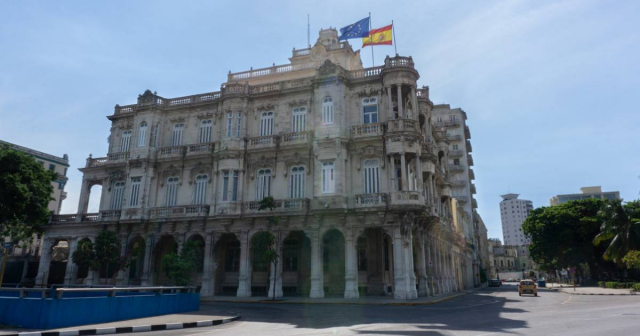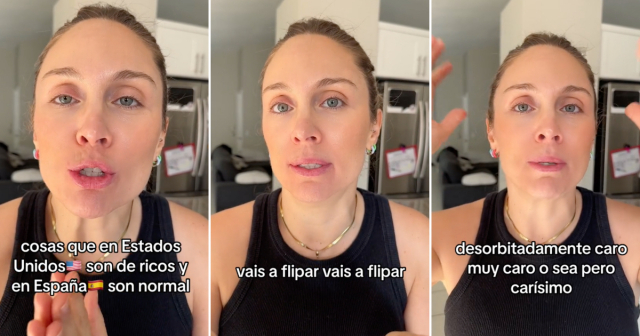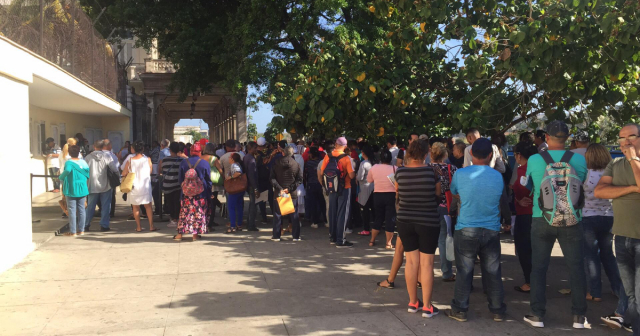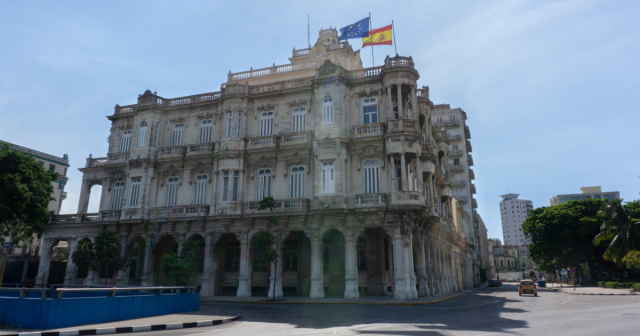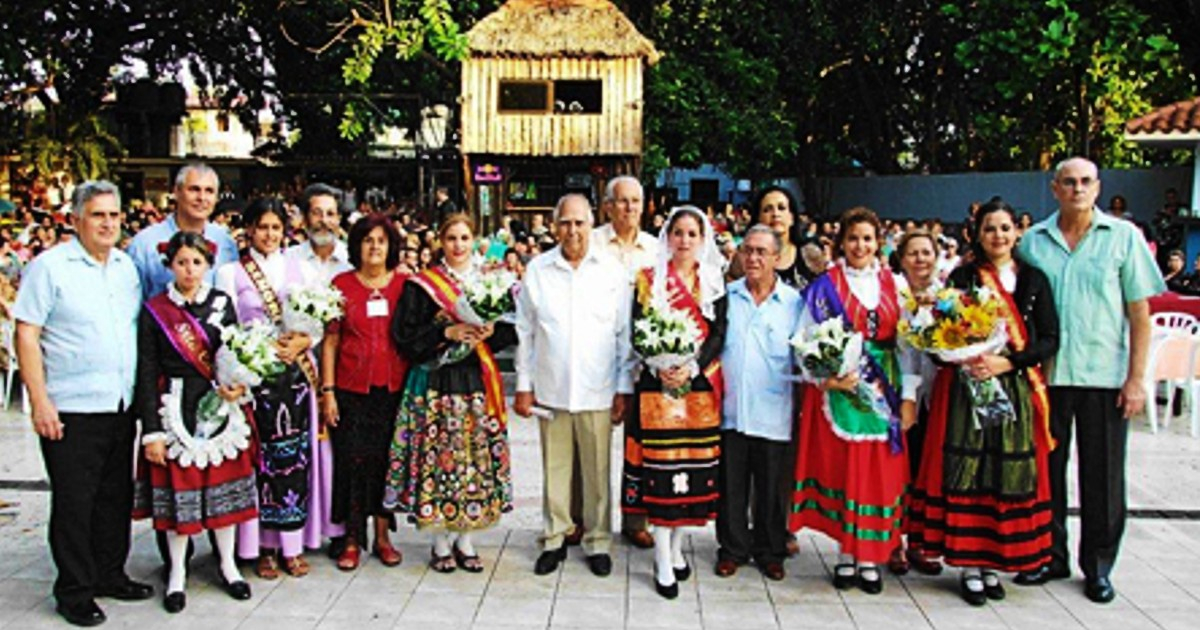
More than 300 Spaniards or descendants residing in Cuba are beneficiaries of aid for people in extreme need, according to data from the Junta de Castilla y León.
Specific,This is a total of 344 Cubans who have requested help from the government of that autonomous community and that they are Castilian-Leonese by birth or by adoption, and that they currently reside in Cuba in conditions of extreme need.
The credit allocated to these aidsamounts to a total of 120,000 euros that will be distributed among the 344 beneficiaries as a direct economic benefit, as explainedJesus Julio Carnero, advisor to the Presidency of the Board.
“This aid consists of a direct economic benefit, non-periodic, individual and of a social and assistance nature, intended for Castilian and Leonese abroad who are in a situation of need due to lacking the income or income necessary to cover their needs. basic subsistence, in accordance with the socioeconomic reality of the country of residence,” indicated Carnero.
As explained in the note published in theinstitution website, “one of its strategic objectives of this Autonomous Plan is to ensure coverage of the basic needs of Castilians and Leonese abroad who are in a situation of extreme need or precariousness.”
The beneficiaries of this aid are Spanish residents abroad, as well as their descendants registered as Spaniards who, in accordance with state regulations, are registered in the Register of Spaniards Resident Abroad (PERE) of the Consular Office corresponding to their place. of residence, and who have established a municipality of Castilla y León as a municipality of registration in Spain.
Of the 344 beneficiaries residing in Cuba, 119 are registered in the PERE as residents of municipalities in the province of León, 111 in municipalities of Zamora, 33 in Burgos, 32 in Salamanca, 16 in Valladolid, 13 in Palencia, 8 in Ávila, 7 in Soria and 5 in Segovia.
To apply for this aid, you must have Spanish nationality and be residing abroad in one of the countries for which the Spanish State Administration established the calculation basis for benefits due to necessity during the year 2021.
In addition, the applicant must be over eighteen years of age, be registered as a resident in the consular registration registry for at least one year from the time of submission of the aid application, and have established a municipality of Castilla y León as a municipality of registration in Spain and so stated in the PERE.
Finally, it is necessary to lack financial means and assets in the family unit that allow the minimum level of subsistence in relation to the reference index established in the call, as well as not having the applicant or any member of the family unit, in the at the time of submitting the application or during the 2021 financial year, assets with a value greater than the reference index in the annual calculation of the country of residence for the year 2021, excluding the habitual residence of the family unit.
Individual aid aimed at Castilian and Leonese citizens abroad who are in conditions of special need are contemplated in the III Strategic Plan for Castilian and Leonese Citizenship Abroad 2021-2024, the Junta de Castilla y León.
According to the note published on its website, of the 476 applications received, only 344 people in extreme need were approved. “As for the place of origin, all of the beneficiaries are Castilian and Leonese or their descendants who live in Cuba,” the information stated.
Data from the National Statistics Institute indicate that, as of January 1, 2022, 183,676 Castilian and Leonese (registered in the PERE) reside abroad in one of the municipalities of the Community of Castilla y León. Of them, 114,556 reside in America, of which 9,712 do so in Cuba. Based on these statistics, only 3.5 percent of Castilian and Leonese residents in Cuba have been beneficiaries of this aid.
At the same time, the Ministry of the Presidency has granted a subsidy in the amount of 15,000 euros to the Group of Castilian and Leonese Societies in Cuba to purchase food and other essential products.
What do you think?
SEE COMMENTS (2)Filed in:


